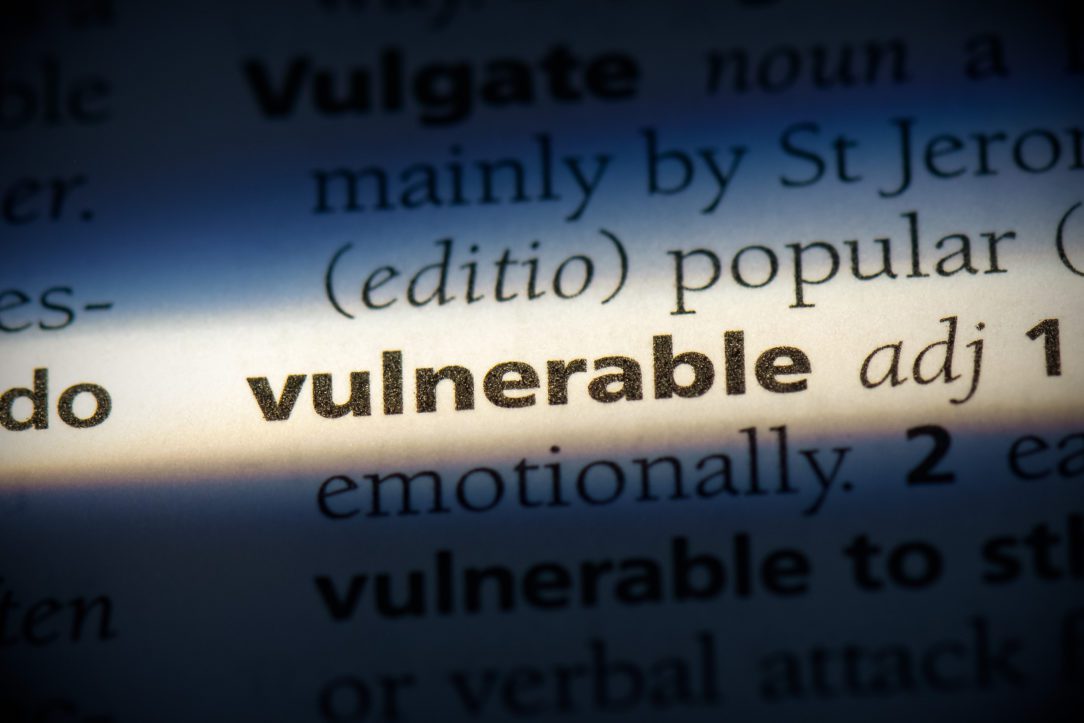As we hold our breath, hope, pray, cross fingers and toes, knock on wood, dig up rabbit’s feet, and engage in any other beliefs/rituals that we believe have the power to alter an outcome, I have been rethinking the term vulnerable and the accompanying narratives.
At the beginning of the coronavirus pandemic, our focus was on those most vulnerable to dying from COVID-19 – the elderly and persons with comorbidities. The data showed that Blacks, Hispanics, and Indigenous Americans were overrepresented among those dying and in the number of positive cases.
As the pandemic raged, our focus shifted from those with fragile health to the economically vulnerable. We applauded, despite some shortcomings, the passage of the Coronavirus Aid, Relief, and Economic Security (CARES) Act, which provided $1,200 to economically vulnerable individuals and families, support for businesses under the Payroll Protection Plan (PPP), and a $600 supplement to state unemployment benefits under the Pandemic Unemployment Assistance (PUA) program.
The CARES Act provisions were intended to protect a vulnerable economy with the intent of preventing a prolonged economic downturn from becoming a recession. But as lawmakers failed to agree to extend the CARES Act, even temporarily, while they negotiated a new relief package, it seemed the sticking point was who was viewed as vulnerable. Under the Health, Economic Assistance, Liability Protection and Schools (HEALS) Act, $1 billion would support reopening schools. I reminded you last week to scrutinize school plans to make sure all workers were considered essential.
The HEALS Act recommends reducing PUA payments from $600 to $200, with the maximum unemployment benefits not exceeding 70 percent of prior earnings. It is argued that the additional $600 PUA payments serve as a disincentive to work. We, however, believe the $600 PUA payments allow workers in essential jobs to choose to protect their health and that of their families.
Additionally, the liability protection provision of the HEALS Act protects employers from being sued if a worker contracts COVID-19 while performing her job. I will reiterate that the job is essential, not the worker. The workers are expendable.
We must also name vulnerable populations and demand that lawmakers construct policies to protect these groups, which are defined by the current economic, social, and political situation. We propose expanding the focus to vulnerable populations, which will address institutional racism, systemic sexism, and the often-overlooked structural classism.
Structural classism is the wedge between poor Whites and other racial and ethnic groups. And it is the wedge between the bourgeoisie, the class that owns the means of production and wealth, and the proletariat, the working class. Structural classism colors the language used to describe and motivate the treatment of the poor. When you intersect structural classism with institutional racism and systemic sexism, the result is the feminization of the poor, the devaluing of care work, and a stubborn gender pay gap.
WISER’s commitment to a society inclusive of the needs of Asian, Black, Hispanic, Indigenous American, and Multiracial women will be symbolized in the redesign of our website. There will be a bold pink and purple presence with an accent of green. Pink represents our compassion for the vulnerable – Asian, Black, Hispanic, Indigenous American, and Multiracial women. Purple represents the dignity we believe every woman deserves independent of her economic, political, or social status. Green represents our hope that it will not take another generation for society to be inclusive of the needs of Asian, Black, Hispanic, Indigenous American, and Multiracial women.
August begins our WISER Women fundraiser campaign, which supports our goal to build a wiser generation of women. Please support our efforts by donating the amount of the age of a woman who has been influential in your life. Follow us on social media and sign up for our newsletter for regular information that supports our cause.
Rhonda V. Sharpe is president of the Women’s Institute for Science, Equity and Race.


